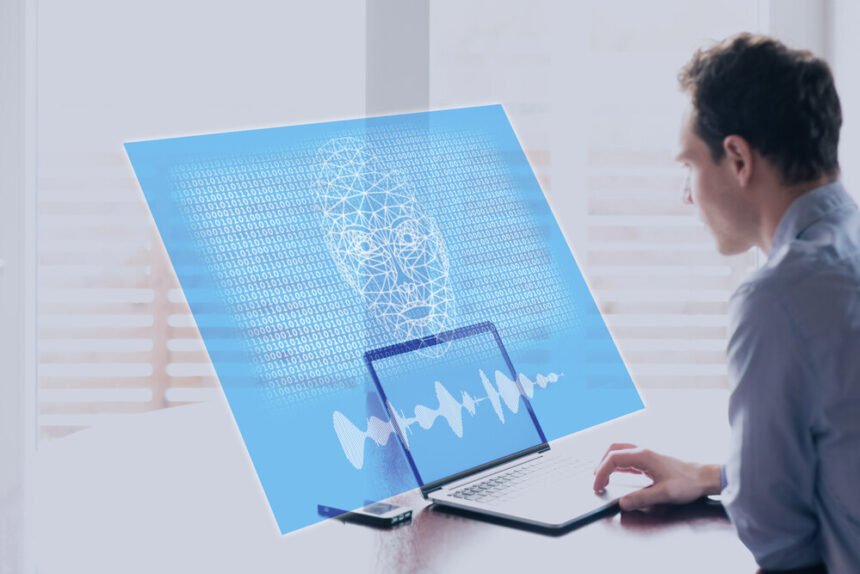With the advances of application of mobile/internet, the internet of things, and social networks, big data has become a topic of interest for research. Nevertheless, faces some security risks as well as privacy protection in the process of collecting, analyzing, storing and utilizing. There are several applications of big data when it comes to cyber security. On the other hand, machine learning, or artificial intelligence (AI), is a valuable tool that is used by cyber security firms to scale their responses to the increasing threats posed by the malware industry. This analysis explores the applications of big data and artificial intelligence in cyber security.
Applications of Big Data in Cyber Security
Big data has three major applications in cyber or information security. Here are some to evaluate.
1. Threat Discovery
The first application of big data in information security is threat discovery technologies on the basis of big data. IBM has stated that this is one of the biggest ways that brands are revamping cybersecurity, especially with tools like Spark.
Unlike traditional security systems, big data technologies used in security systems can detect security threats earlier. For instance, big data technologies can find abnormal behaviors within the network, forecast the attach behaviors, as well as analyze the source of the attacks. The analysis of email and information on social networks makes it possible to analyze the disgruntled employees in an enterprise and implement timely plans to block security incidents.
2. Identity Authentication
The second application of big data in information security is the identity authentication technologies by behavior attributes based on big data. Traditional technologies of authentication depend on three methods for certification: biometric authentication, password authentication, and ID card. However, in a big data environment, it is possible to authenticate users according to behavioral characteristics. This makes it harder for users to gain authentication based on feature forgery, and it simultaneously reduces the burden on the users as they don’t have to remember complex passwords or use ID card.
3. Authenticity Analysis
The third application of big data is authenticity analysis. The fact that big data is not essentially true means that real data on security must have a definite impact on information security. It is possible to analyze the authenticity of the data from big data technology and eliminate false data. For instance, it is possible to use big data to differentiate between spam and genuine email, and distinguish which comment in the comment network is a false comment, or which data collected in the production system is wrong.
Application of AI in Information Security
The fields of cyber security and AI have increasingly become connected in the recent past as the target of cyber-attacks has been to stimulate legitimate performance at both the human user level and the lower system levels. Completely Automated Public Turing tests to tell Computers and Humans Apart are good examples of the application of AI in information security. AI is also useful in analyzing and identifying new weaknesses and exploits to help in mitigating future attacks. For instance, expert systems are computer systems that can mimic the decision-making abilities of a human expert. Neural nets facilitate deep learning in such a way that a trained security system can detect whether a file is legitimate or malicious without any human intervention
According to Jason Biggs, an information security consultant at check-caller.net, big data and AI have numerous applications in cyber security. As cyber-attacks continue to become more frequent and sophisticated, the fields of big data and AI will increasingly become connected to come up with more advanced solutions to detect and prevent information security threats.
AI is the Future of Cybersecurity
Cybersecurity is a constantly evolving industry that depends on having access to the most state-of-the-art technology. Artificial intelligence is changing the industry in radical ways. What will it bring next?










